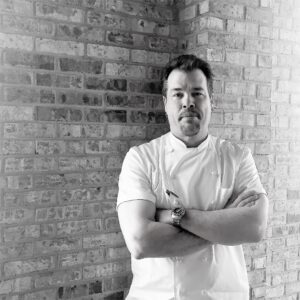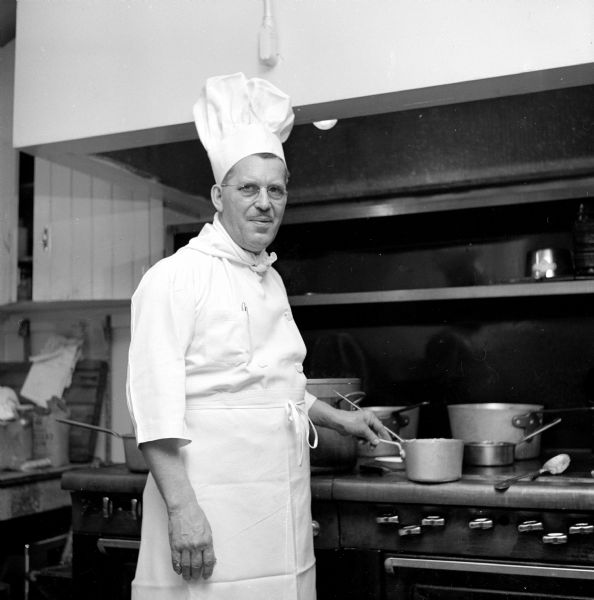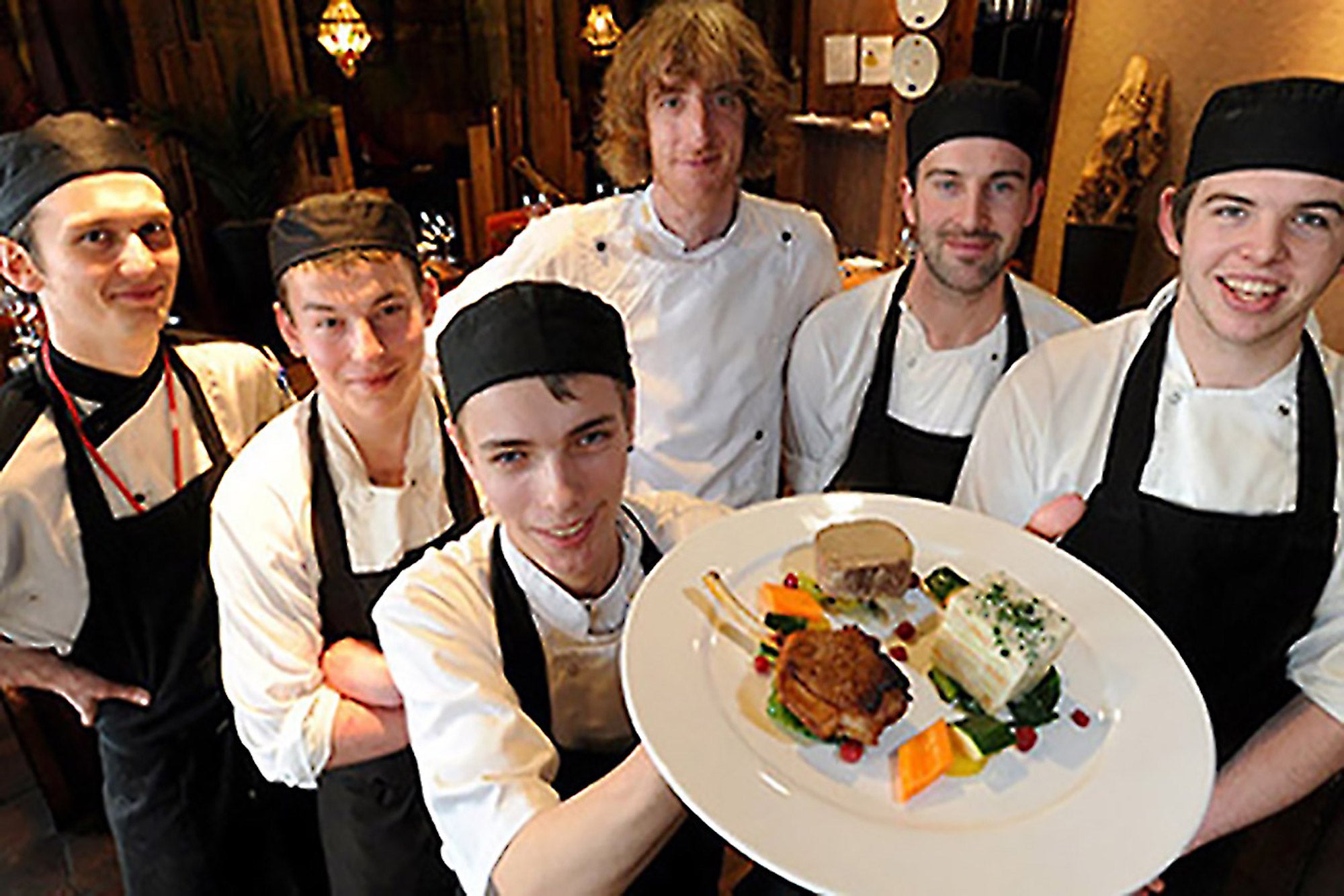Running a successful restaurant is no easy task. It requires meticulous planning, an outstanding menu, exceptional service, and a dedicated team. One of the keys to restaurant success is the executive chef, the creative genius behind the dishes that tantalize taste buds and keep customers coming back for more. However, finding an experienced executive chef is often a herculean task that restaurant owners and managers grapple with. In this blog post, we’ll explore the challenges involved in finding seasoned executive chefs for restaurants and why this culinary talent is in such high demand.
The Culinary Landscape
The restaurant industry is a dynamic and ever-evolving domain, where the bar is constantly raised in terms of culinary excellence. As a result, the role of an executive chef has become increasingly demanding. They are expected not only to craft delicious and innovative dishes but also to manage kitchen operations, control food costs, and lead a team of chefs and kitchen staff effectively.
Challenges in Finding Experienced Executive Chefs
- High Demand, Low Supply: The culinary world is fiercely competitive, with restaurants of all sizes vying for the limited pool of talented executive chefs. This high demand far exceeds the number of experienced chefs available for hire.
- Competitive Compensation: Skilled executive chefs command hefty salaries due to their expertise and experience. Restaurant owners must be prepared to offer attractive compensation packages to lure top talent, which can strain the budget.
- Relocation Hurdles: Often, the perfect executive chef candidate may be located in a different city or even country. Relocating a chef and their family can be a logistical challenge and an additional expense for the restaurant.
- High Expectations: In the age of culinary television and social media, diners’ expectations are higher than ever. Restaurants require chefs with not only exceptional culinary skills but also a strong personal brand and the ability to create Instagram-worthy dishes.
- Leadership Qualities: Executive chefs are not just skilled cooks; they are also leaders who must manage and motivate their kitchen teams. Finding a chef who possesses both culinary prowess and effective leadership skills can be elusive.
- Cultural Fit: Restaurants often have a unique culture and style that requires an executive chef who aligns with their vision. Finding a chef who fits seamlessly into the restaurant’s ethos can be challenging.
- Experience and Expertise: Executive chefs need to have a diverse skill set, including knowledge of various cuisines, proficiency in kitchen management, and the ability to adapt to evolving food trends. This level of experience and expertise is not easy to come by.
Solutions and Strategies
-
- Networking: Building relationships within the culinary community can lead to connections with experienced chefs who may be looking for new opportunities.
-
- Culinary Schools: Partnering with culinary schools can be a source of potential talent, as many budding chefs are eager to make their mark in the industry.
-
- Offering Growth Opportunities: Restaurants can attract chefs by offering the chance to lead and innovate in the kitchen, fostering a sense of ownership and creativity.
-
- Utilizing Headhunters: Professional recruiters specialized in the hospitality industry can help identify and attract top executive chef talent.
- Promoting from Within: Investing in the development of existing kitchen staff can be a cost-effective way to fill executive chef positions with individuals who already understand the restaurant’s culture.
Conclusion
Finding an experienced executive chef for a restaurant is a challenging endeavor that requires patience, creativity, and a well-thought-out strategy. The culinary landscape is competitive, and the demands on executive chefs are higher than ever, making these professionals a rare and sought-after commodity. However, with the right approach, including networking, education partnerships, and fostering internal talent, restaurants can increase their chances of finding the culinary maestro who will lead their kitchen to success. In the end, the effort is well worth it, as a talented executive chef can elevate a restaurant to new heights of gastronomic excellence and customer satisfaction.




